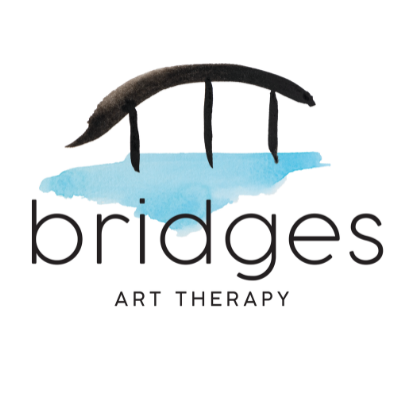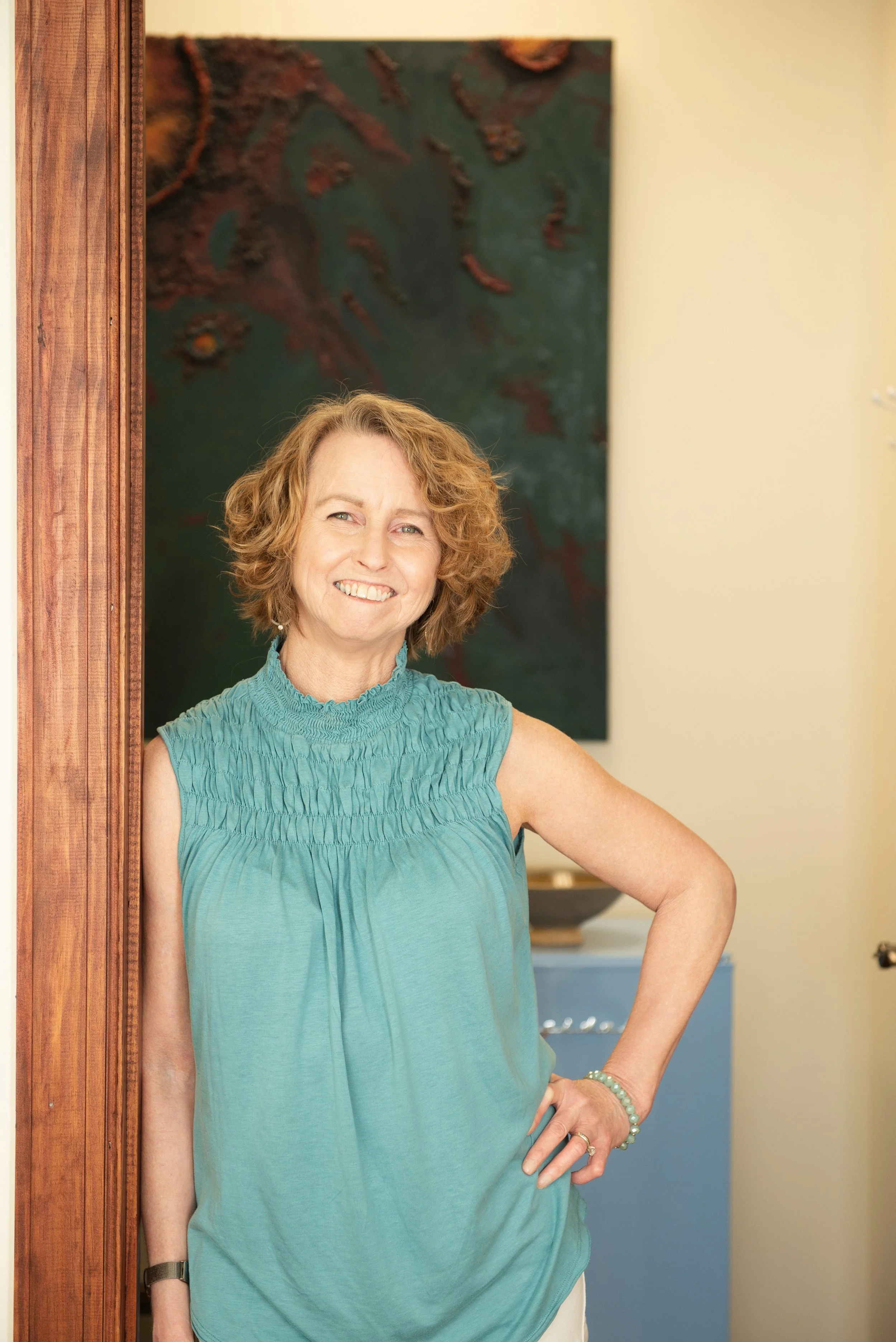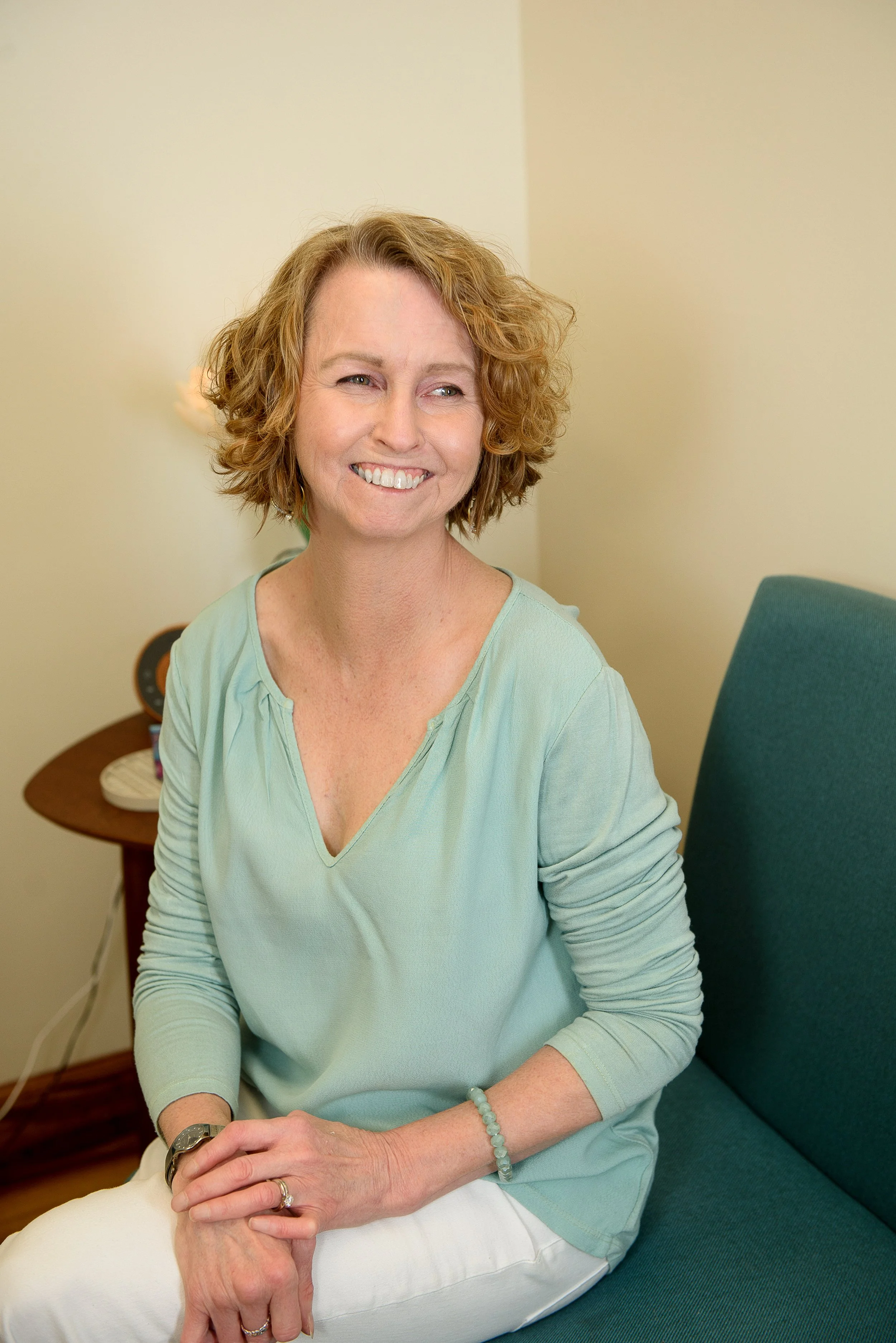
Bridget Pemberton-Smith
Hi, I’m Bridget Pemberton-Smith (ATR-BC).
I am a a board-certified art therapist (ATR-BC) with a Master’s in Expressive Arts Therapies from Lesley University, class of ’98. Since earning my credentials in 2007, I’ve dedicated my career to helping individuals—from children navigating physical illness to at-risk teens, refugees, seniors, and adults coping with mental health challenges—embrace healing through creative expression.
What I do
Through my private practice, Bridges Art Therapy, based in Carrboro, NC, I offer in-person individual and group therapy sessions to children and adults. I also offer workshops for adults at the ArtsCenter in Carrboro which include modalities like SoulCollage© and Kintsugi-inspired “Repairing the Broken Bowl”. As an Expressive Arts Therapist, my approach is person-centered, honoring each client’s unique journey and helping them discover their strengths and creative resilience.
I am also committed to serving people in my community who might not otherwise have access to art therapy. To do this, I collaborate with area nonprofits and schools to secure grant money which funds groups in the community. Through this funding, I provide art therapy groups in the schools for newly arrived refugees and immigrants, at shelters for adults experiencing homelessness, in hospitals and more.
Why did I become an art therapist?
This is a question people often ask me.
As a young person, art had always been a part of my life and helped me when times felt hard. I was sick a lot as a child and didn’t feel up to playing sports like so many other kids. Art was my go to activity. Our local pediatric doctor’s office had an unusual practice of letting kids color on the walls of the examination rooms as they waited for their appointment time. I always came armed with a large set of markers. This activity helped relieve my anxiety around my doctors’ appointments and bring me and those around me joy.
When I was in high school, I studied really hard and signed up for lots of honors and advanced placement classes. But each semester, I gave myself permission to take one art class. It was always the one class that was 100% about enjoyment. I continued that practice in college. When my college academic advisor asked me what I wanted to major in, I told her I didn’t know. She then asked me what my favorite class was and that was a no-brainer: My art class, of course. So she said “Why not major in art?” As a honors student, that idea hadn’t crossed my mind. I felt like she was giving me permission to do what I really WANTED to do!
When I was an undergraduate at Guilford Collage, however, I didn’t even know about the field of art therapy. After graduating, I worked in small craft galleries and grew to love small businesses and retail. However, at the age of 22, I was diagnosed with an autoimmune illness and realized that having a job that required me to be on my feet most of the day might not work in the future. I began exploring other careers and stumbling onto the field of art therapy. I was taking a course in psychology and mentioned to my friend Dena, a massage therapist, how much I was enjoying it. She told me about art therapy and leant me her book, Art as Medicine by Shaun McNiff. I was hooked! For my entire life I had used art as my own sort of therapy and discovering that a job existed where I could show people how to use art therapeutically seemed too good to be true. But it was real! And I feel so lucky to be able to do a job that I feel so passionate about.
What I’m excited about right now:
The field of psychology in someways is still very new although humans have been expressing themselves through art as long as the cave drawings have been around! The fields of art therapy and psychology are constantly changing as people develop new ways of helping people navigate life. Recently, somatic therapy, therapy based on the brain-body connection, has become very popular. Expressive arts therapists, however, have been working with these concepts for half a century. Expressive Arts Therapies are considered body-based therapies which mean they focus on this mind-body connection to promote healing. With the popularity of somatic therapy, I have been diving into how to share these concepts with people as they relate to the arts. It is so rewarding to see people recognize how much better they feel in their bodies after doing some sort of art, whether is visual art, dance, music, etc.
As a woman in my 50’s, I’ve been very curious to see how women my age are showing up in the world. Many of us are peri-menopausal or menopausal and the changes that are happening in our bodies are reflected in how we engage with our communities. For years, people have focused on things like hot flashes and grumpy moods when it comes to menopause but it is so much more. It is about women coming into a new phase of life. Most of our children are now adults and we are sharing the wisdom we have gained over the years. We are ready to engage in new ways with our worlds. Hopefully the world is ready because I don’t think anything will stop us now!
With middled aged maturity, we also find ourselves exploring the concept of grief. Our parents and other mentors are dying; Our children are leaving our homes; And we are no longer the young maidens we once were. While there is sadness to explore, grief brings new opportunities for us all. The workshop I lead, “Repairing the Broken Bowl”, is all about this! We explore how brokenness can open us up in new ways and if it is framed right, can be seen as infinitely beautiful.
Are you curious about Art Therapy but not quite ready to sign up for therapy session?
I’m clearly biased but I feel like EVERYONE should be in some sort of therapy. But therapy can feel foreign to a lot of people so I try to make it easy for people to get a taste of what art therapy can do for them. Here are two ways to dip your toe in the water:
Sign up for a workshop at the ArtsCenter in Carrboro: My SoulCollage© and Repairing the Broken Bowl@ workshops will give you a feel for how therapeutic diving into your creativity can be.
Sign up for a MARI© session: MARI© is an assessment using colors and shapes called mandalas that will give you a “snapshot” of your psyche at a moment in time. I always suggest the MARI© for someone who says “I’d like to do therapy but I have no idea what I would talk about.” MARI© helps to tease out things your psyche is grappling with and can give you some solid ideas of things to explore in art therapy.



